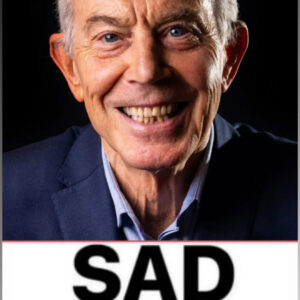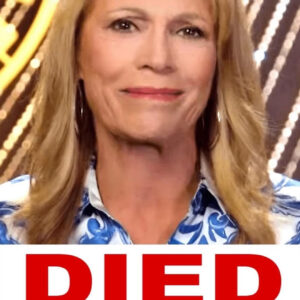After the sudden passing of his parents, Mark found himself facing not only the emotional burden of their loss but also the financial challenges that came with it. To make ends meet, he took a job as a cashier at a local grocery store. The job was far from glamorous, but it put food on the table and paid the bills during this difficult time.
One ordinary day, as Mark was working his usual shift, a familiar customer entered the store. It was Mr. Thompson, an elderly man who was well-known in the neighborhood.
What set Mr. Thompson apart was that he was blind but had an unwavering spirit and a keen sense of honesty.
As Mr. Thompson approached Mark’s checkout counter, he handed over a crumpled $20 bill, intending to pay for his groceries. However, in the midst of their transaction, Mark realized that he had mistakenly given Mr. Thompson $1500 in change instead of $15. It was an honest mistake, but Mark couldn’t help but feel the weight of his financial struggles press upon him.
Torn between the need for money to cover his expenses and the moral dilemma of what had just occurred, Mark made a difficult decision. He pocketed some of the extra money, rationalizing that it would help him with his mounting debts and expenses.
Days turned into weeks, and Mark continued to grapple with his choice. He was grateful for the extra money, but his conscience weighed heavily on him. He couldn’t forget Mr. Thompson’s trust and the kindness he had always shown to others, despite his blindness.
Then, one day, Mark received an unexpected visit. Mr. Thompson appeared at the grocery store once again, this time with a purpose. He asked to speak to Mark privately, and the two of them went to a quieter corner of the store.
With a gentle and knowing tone, Mr. Thompson began, “Mark, I believe you made a mistake when I was here the other day. You gave me too much change.”
Mark felt a lump in his throat as he realized that Mr. Thompson had known all along. He confessed to the mistake, tears welling up in his eyes. He apologized for his lapse in judgment and promised to return the money.
To Mark’s surprise, Mr. Thompson smiled warmly. “Mark, I knew you would make the right choice. You’ve been facing a tough time, and I wanted to test your integrity. I’m proud of you for choosing honesty over the easy way out.”
Mr. Thompson refused to accept the extra money back, telling Mark that he could keep it as a reminder of the importance of doing the right thing even in challenging circumstances. Mark was deeply moved by this gesture and felt a profound sense of relief knowing that he had made amends.
From that day forward, Mark found solace in his integrity and newfound strength to overcome the financial hardships that had burdened him. Mr. Thompson’s test had not only restored Mark’s sense of honesty but had also provided him with a valuable life lesson that would guide him through the rest of his journey





